Filter products
Sugar substitutes
Sugar substitutes such as galactose, mannose and ribose offer a healthier alternative to traditional sugar, allowing you to enjoy the sweet taste to the full. These natural sugar substitutes and zero-calorie sweeteners can support a healthy lifestyle and positively influence your sugar intake. They can be found in many foods and drinks and have a lower impact on blood sugar levels than conventional sugar, making them suitable for people with diabetes. Of course, it is important to maintain a balanced diet.
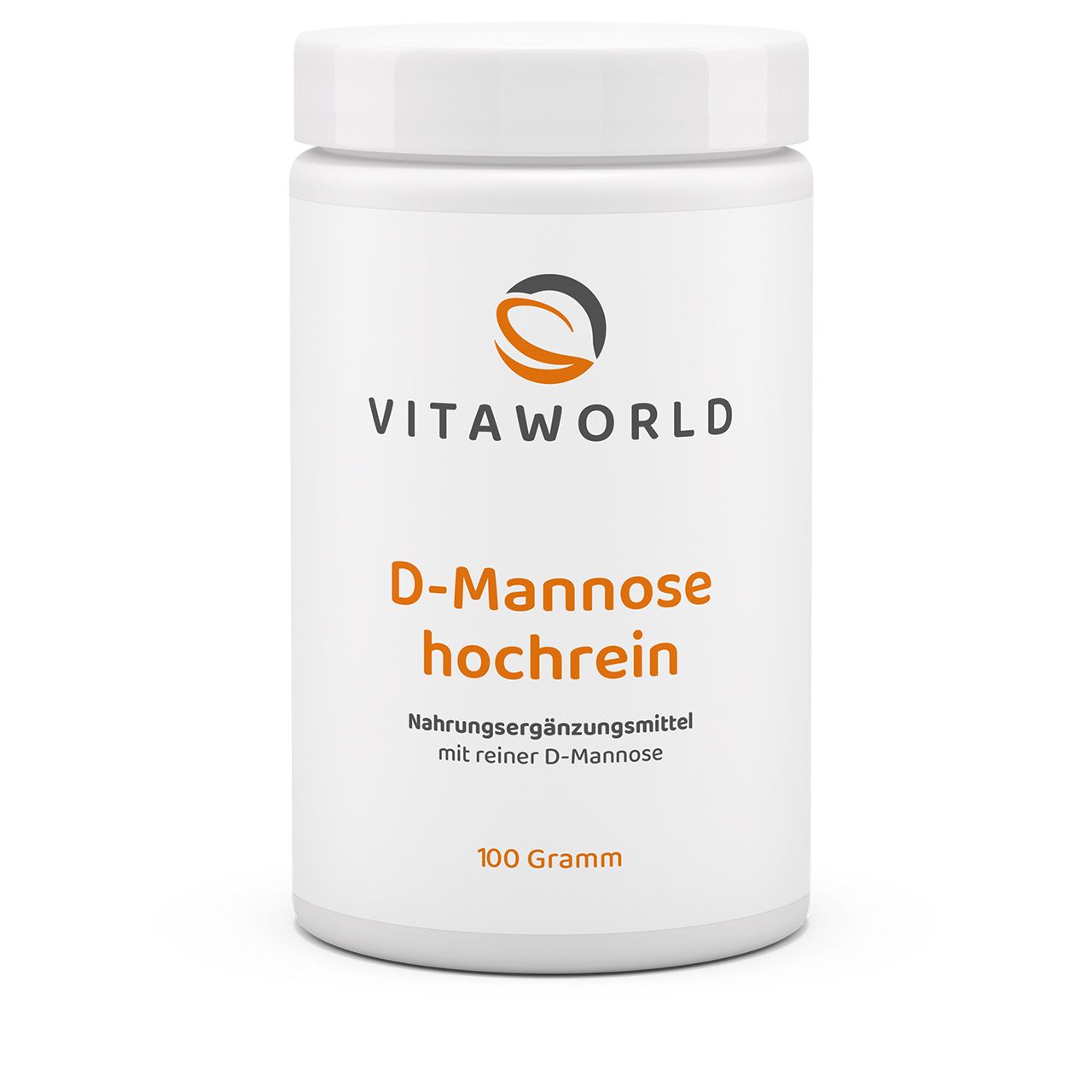
- 100% pure: D-mannose from corn – no additives
- Naturally occurring & plant-based: natural monosaccharide and cell component
- Particularly usable: slow absorption, easily soluble
Content: 0.1 Kilogramm (€219.00 / 1 Kilogramm)
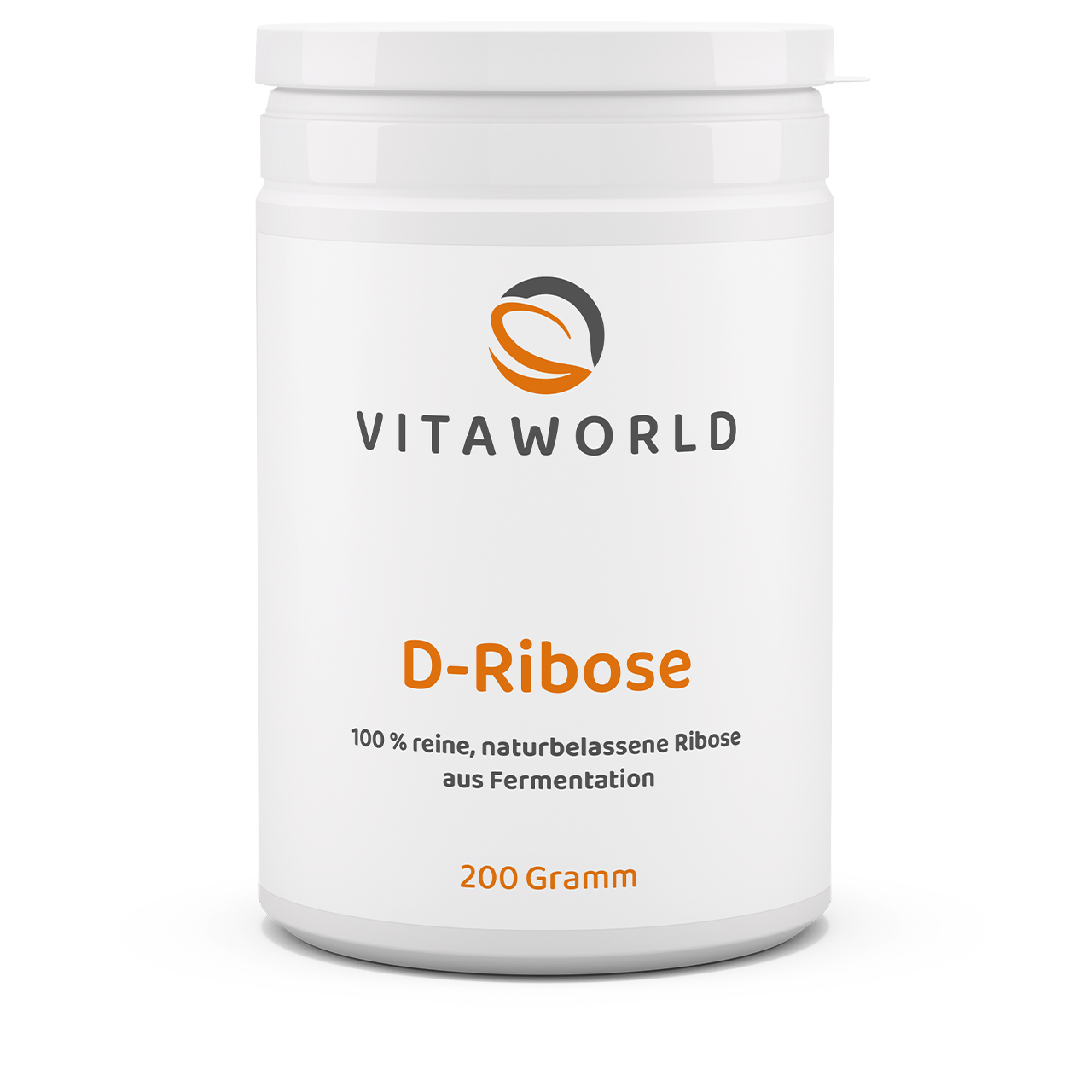
- 100% pure & natural: D-ribose from fermentation
- Cell component: Part of ATP and RNA
- Naturally occurring: Found in all living cells
Content: 0.2 Kilogramm (€74.50 / 1 Kilogramm)
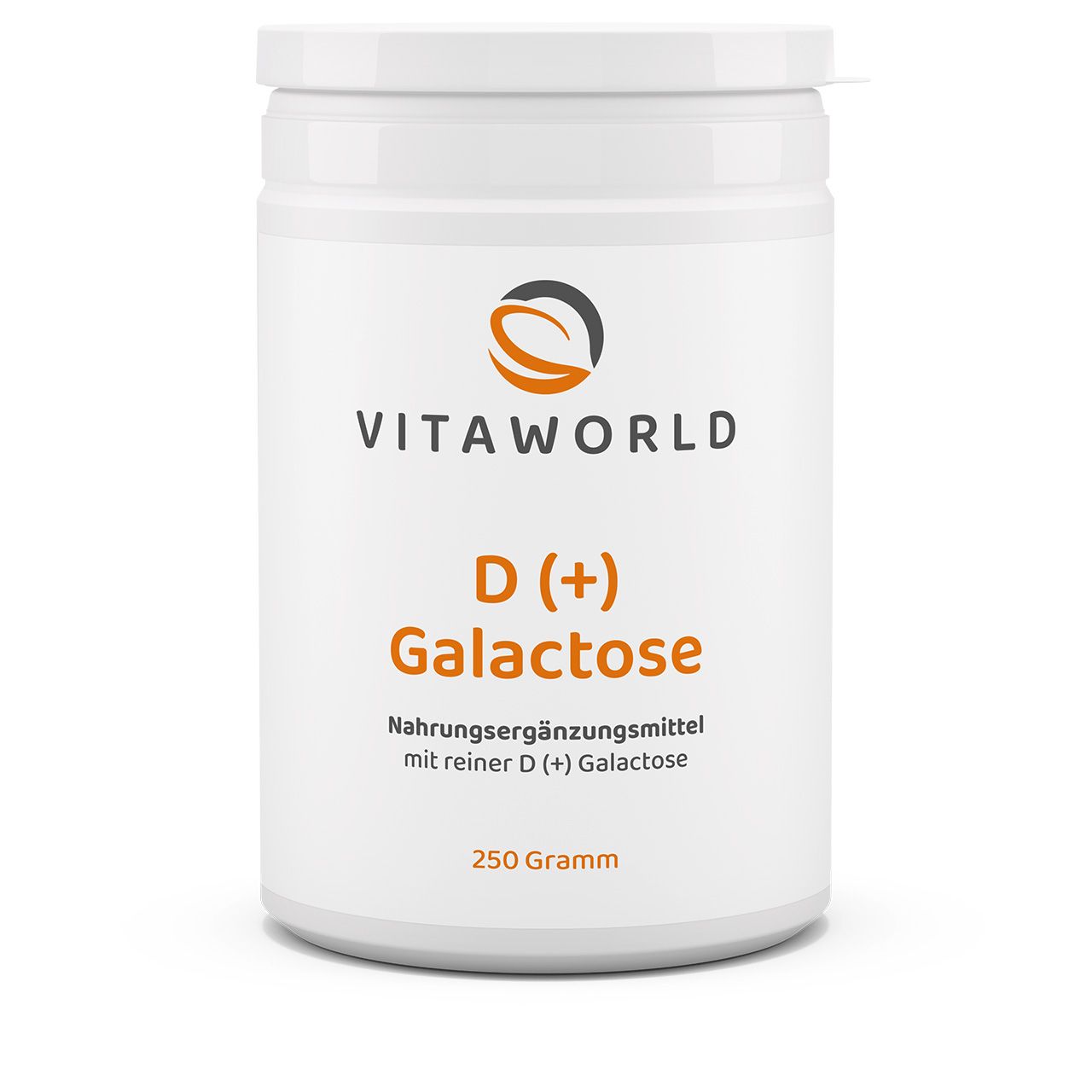
- 99.5% pure: High-quality (D+)-galactose – no additives, sourced from Italy
- Naturally occurring in the body: a building block of natural cell structures such as glycoproteins
- Specially metabolised: structurally similar to glucose, processed individually
Content: 0.25 Kilogramm (€143.60 / 1 Kilogramm)
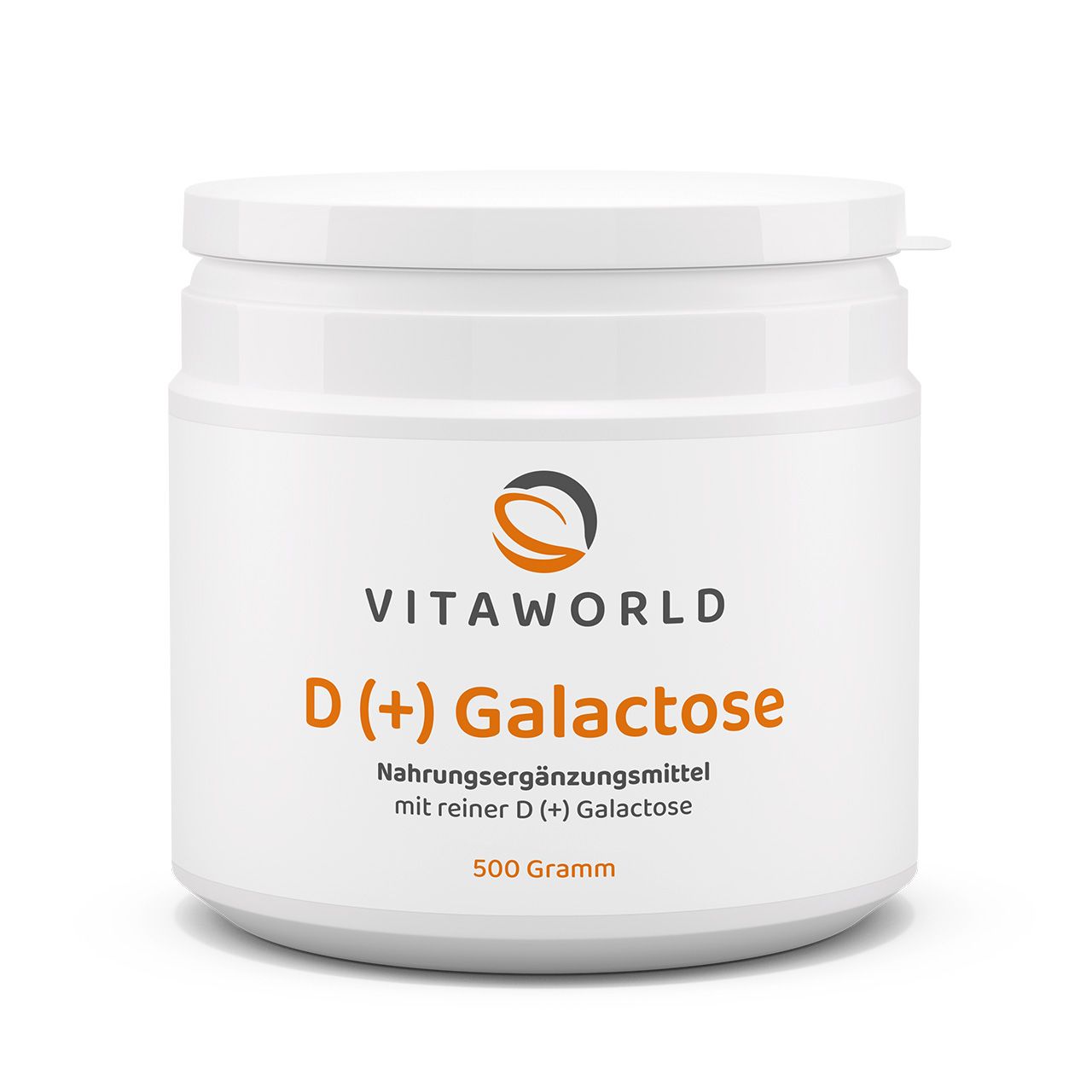
- 99.5% pure: High-quality (D+)-galactose – no additives, sourced from Italy
- Naturally occurring in the body: a building block of natural cell structures such as glycoproteins
- Specially metabolised: structurally similar to glucose, processed individually
Content: 0.5 Kilogramm (€119.80 / 1 Kilogramm)
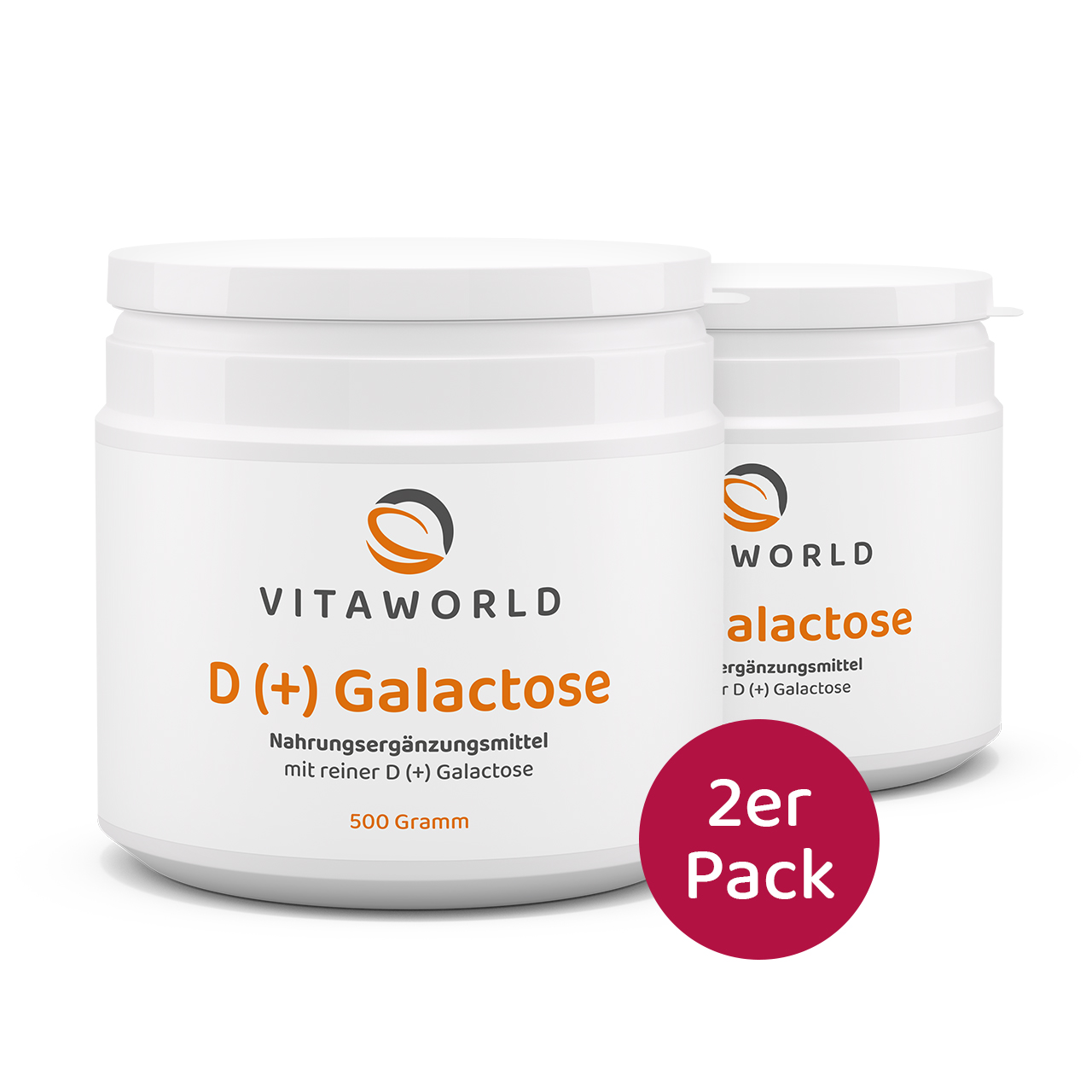
- 99.5% pure: High-quality (D+)-galactose – no additives, sourced from Italy
- Naturally occurring in the body: a building block of natural cell structures such as glycoproteins
- Specially metabolised: structurally similar to glucose, processed individually
